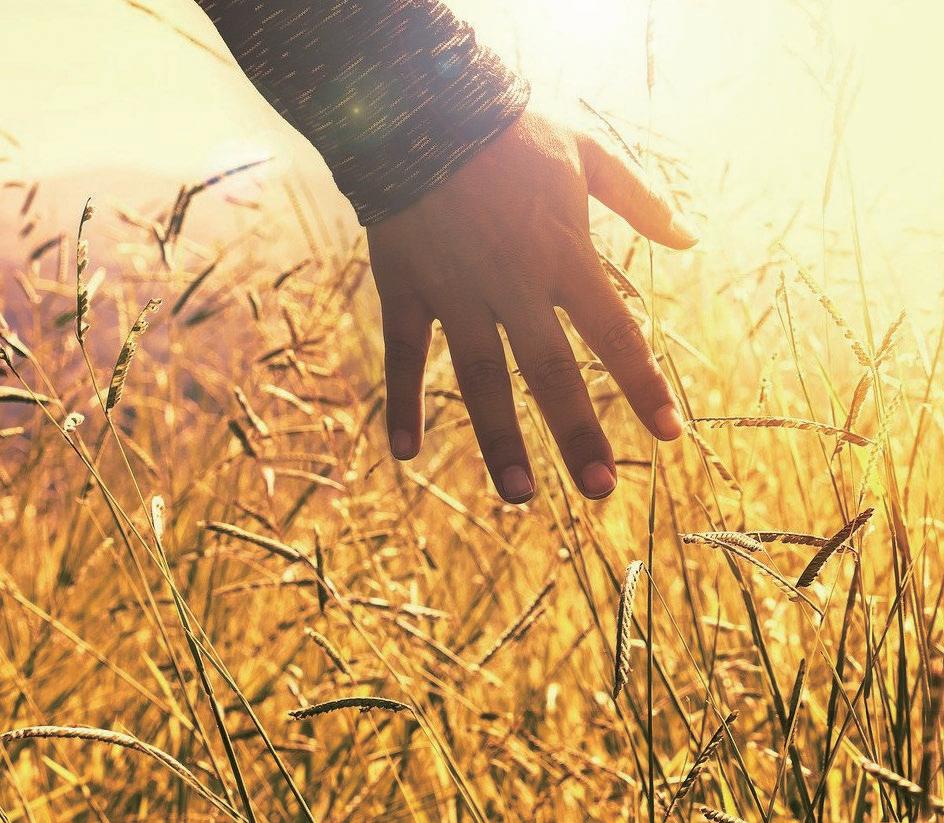
4 minute read
Eco-friendly coffee
more than composting
l Going green is no longer limited to recycling paper, plastic and cans, says Peann Tam of Eco-Greenergy. l Changing daily behaviour is the first step we can take to protect our environment. l Such changes include less waste, less use of disposable plastic products and more commercial composting facilities. l「綠行俠」(Eco-Greenergy)創辦人、青協舊 生譚沛楹(Peann)指出,除了回收紙張、塑 膠和鋁罐,實踐綠色生活還有更多途徑。 l 改變生活習慣是保護環境的第一步。 l 這些改變可包括減廢、「走塑」和增設商業廢 料處理設施。
Advertisement
Why did you start up and eco-friendly business?
Life is short and I wanted to make an impact so I chose environmental protection. The business I founded in 2014 with Jay Ho involves upcycling coffee grounds and reducing plastic waste. It has given meaning to my life to see the positive influence of this work at a time when the ecoindustry has developed rapidly.
Today, people and businesses alike are more concerned about environmental impact. The “zero plastic” campaigns in the F&B sector bear witness to this. Sustainability has become a very hot topic in the corporate world, as can be seen in the recent requirement for ESG* reporting. This creates a very positive dynamic and gives us more chance to push our initiatives forward.
What are your latest initiatives?
Since 2015, we have strengthened our Zero Grounds Coffee Campaign and related products substantially. We also introduced coffee grounds upcycling workshops for corporates at our showroom or factory. In early 2020, we also received a grant to open a coffee grounds processing factory in Kwai Chung and now have a richer range of locally-made and overseas eco-products, most of which can be customized as gifts.
We have an inclusive hiring policy but it is usually young people who are most interested in working with us. They demonstrate more willingness to learn, more dedication and find more satisfaction in their work. A harmonious environment with mutual respect among colleagues is our goal and this fits with the requirements of our partner NGOs.
What new developments do you have in mind?
Greater emphasis on research and development will mean that our upcycled coffee grounds products will focus on compression technology using pure plant-based materials. The aim is to replace similar products which are currently made of non-renewable materials or plastic. Also, we’re going to launch a programme to engage restaurants to use compostable takeaway boxes. Hopefully can help reduce plastic waste.
Are there enough commercial composting facilities in Hong Kong?
No, but this is not the showstopper. The reason for the low popularity of compostable boxes is cost: anything from twice to ten times the price of plastic. F&B outlets that are willing to switch to the more expensive option do so mainly because of a corporate branding and sustainability profile and the boxes do indeed create much less of an
environmental problem than conventional plastics. Even if they were disposed of in a landfill, they would decompose a lot faster and create less pollution than plastic.
As commercial composting facilities grow, they will first be used to handle food waste. In Hong Kong, we are talking about 3,600 tons of food waste every day. Compostable takeaway boxes are not even part of this figure. Even the super large scale of composting facilities being built by the government in Siu Ho Wan, North Lantau, have only a daily processing capacity of 200 tons.
Which materials present a bigger environmental problem in Hong Kong: Styrofoam or plastic?
Both Styrofoam and plastic can be recycled in Hong Kong after thorough cleaning but I think Styrofoam is the bigger problem. It can be torn into very small pieces more easily than and so there is a greater risk of it getting into water pipes and causing marine pollution. Also, Styrofoam is relatively difficult to clean thoroughly than other plastic. This also increases the recycling difficulty.
On the other hand single use plastic tableware is one of the top ten categories of marine litter in Hong Kong, according to the World Wildlife Fund Hong Kong.* While some merchants may think using plastic takeaway boxes saves cost, they are actually just shifting the cost to environmental cost which all of us need to bear.
What message would you like to send about the importance of “going green”?
Going green is not a slogan and is no longer limited to recycling paper, plastic and cans. It involves reviewing daily habits, preferring reusables to disposables, choosing compostable instead of non-biodegradable and upcycled instead of new.
It is all about a mindset change. It’s about only buying what we need, sharing surplus and rejecting unnecessary packaging and gimmicks. Learning to appreciate natural resources and influencing families and friends. These are the most efficient ways to change our environment for the better. Web eco-greenergy.com Awards include: § SDG Enterprise Award 2020 § HKFYG 2015: HKFYG Jockey Club Social Innovation Centre § STEP Incubation Programme and HKFYG Jockey Club Social
Innovation Centre, Social Innovation
Challenge: Most Favorite Social
Innovation Challenge Award and
Professional Selection Award










